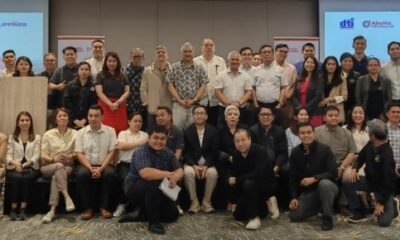Business
Overworking Problems in Japan That the World Can Also Relate
“Karoshi” or “death by overwork” is a problem in Japan that has been going on for years.
The labor laws of Japan only grant 45 hours a month as the general limit for overtime. the companies go through circumstances with employees agreeing to work excruciating hours.
There are also confirmed cases by the ministry that some companies have employees working overtime 200 hours a month.
With employers violating the labor laws, this workplace problem in Japan has panned on for decades. Men were mostly the victims of karoshi but recent reports have women also becoming victims themselves. One of the most notable cases was Miwa Sado, a 31-year old NHK reporter, who died in July 2013 from a weak heart after working overtime for 159 hours that month and 147 hours prior.
Several places in the world also have the same problem.
Death due to burnout from overworking is prevalent in the world and especially Asian countries where culture matters added with immense pressure from both employers and co-employees. There is also pressure in wanting to prove one’s worth either to family, to others, or to themselves. Another is the immense need of having to earn and provide for the family.
Burnout’s impact on mental health leads to illness and injuries. There have been tons of reports of employees dying from a weak heart and even committing suicide to end their
suffering. These issues also affect businesses as it not only affects the workers but also the performance of the company.
“Instead of reacting after increases in workers experiencing difficulties, there should be more focus on prevention and combating some of the ill-effects of work – this should be the collective focus.” said Eurofund Senior Research Manager Agnès Parent Thirion after commenting on a report about employee burnouts of the 21st century.
Although there is hope in the younger generation of workers these days. According to a report from BBC, young workers have been rejecting the overworking path that was walked on by the older generation of workers.
We hope to see this kind of mindset as well for all the employers and other employees and for them to think of everyone’s capacity to work and the effect it has on everybody’s mental health.

































